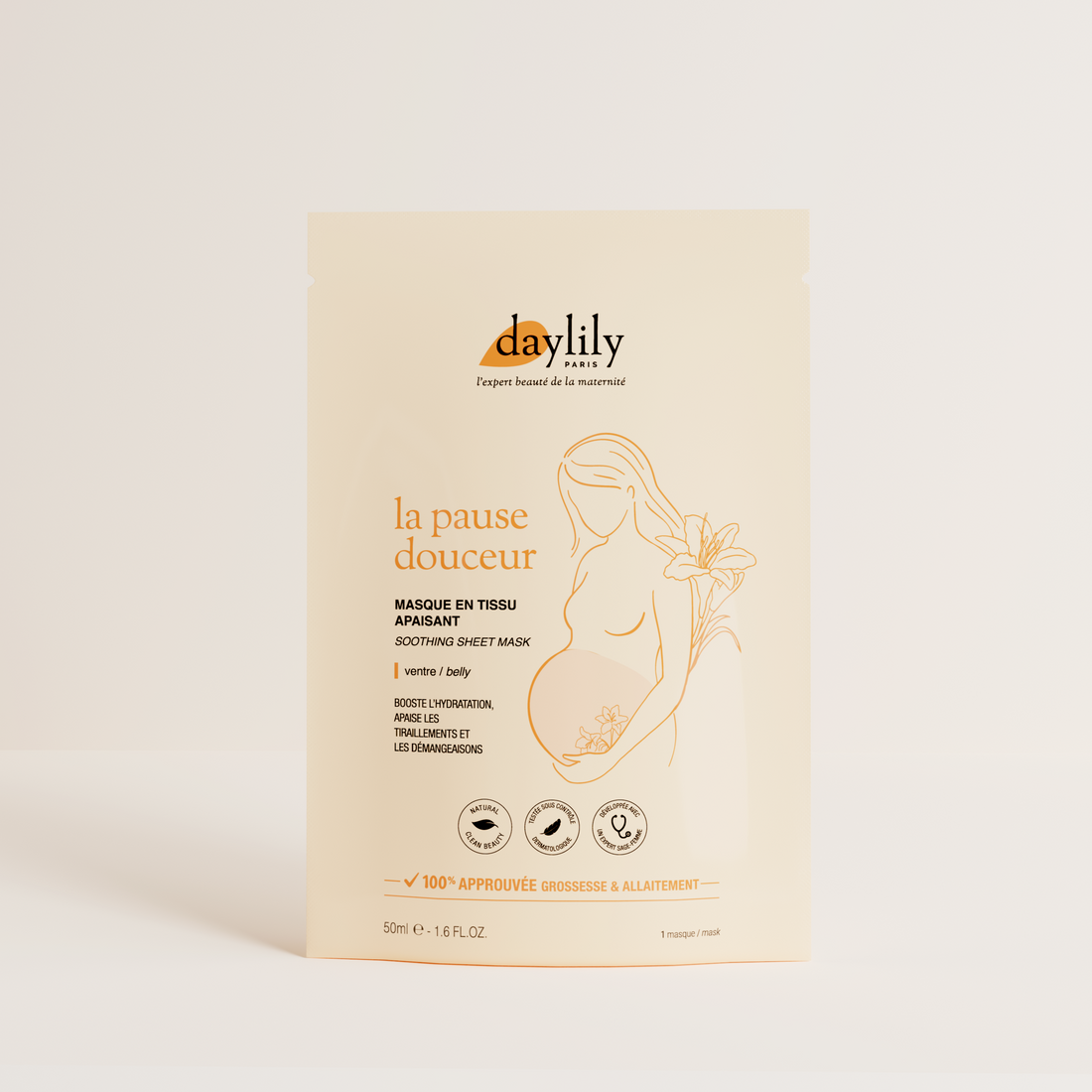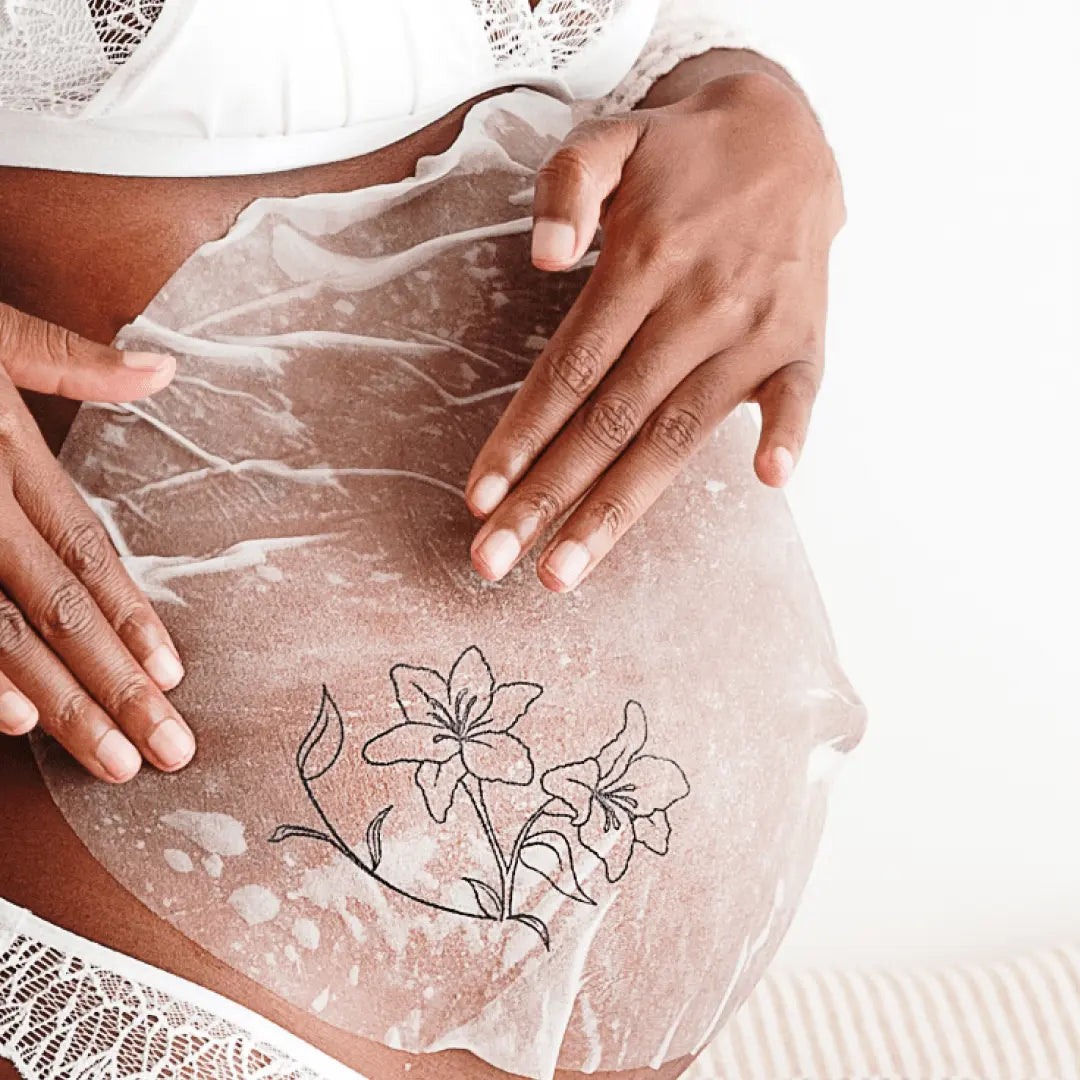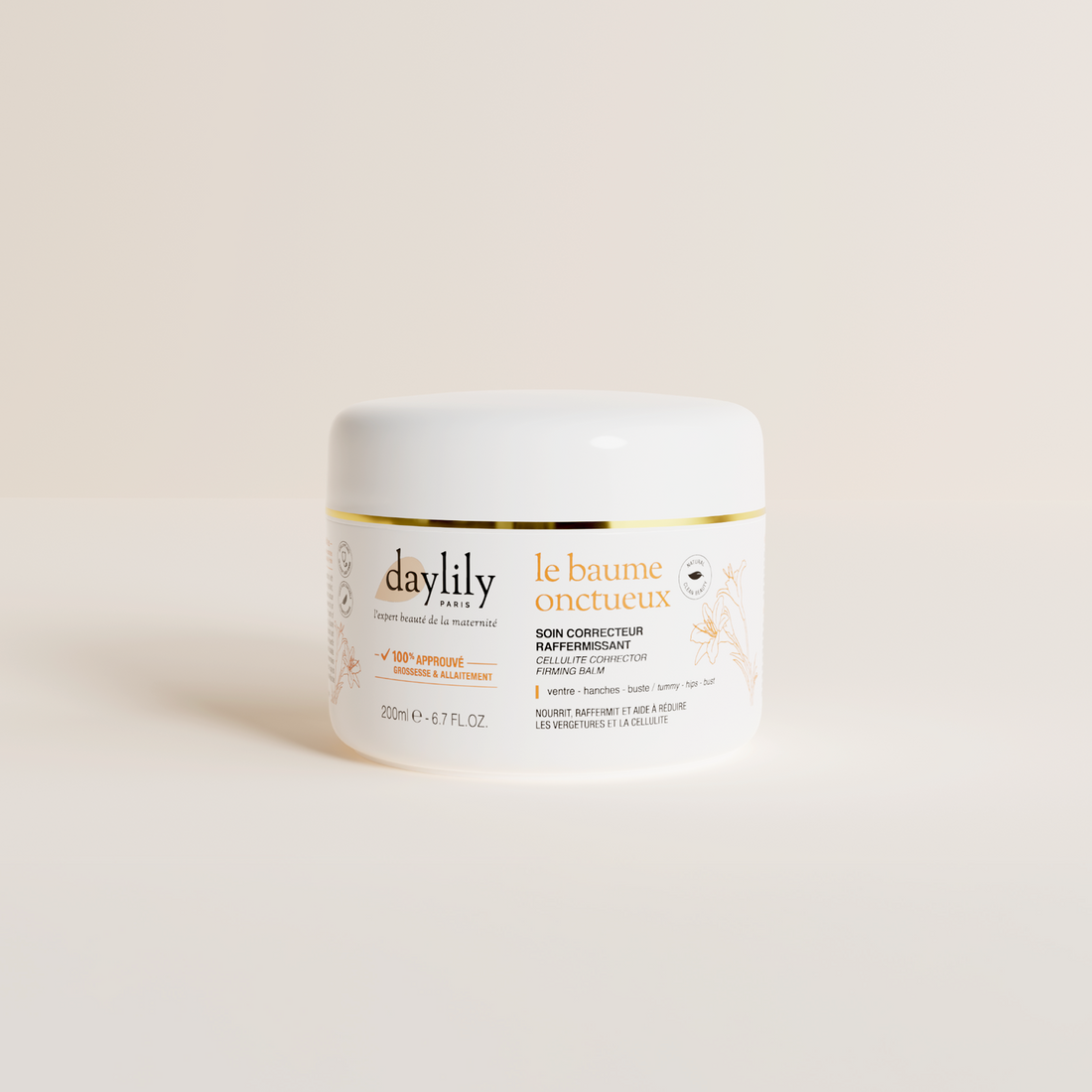Where does early pregnancy fatigue come from?
Bar changes and the desire to sleep have their source in the major physiological and psychological changes that occur as soon as the baby is implanted. And yes, fatigue does not only appear at the end of pregnancy, and even if your belly has not yet rounded, your body is working at full speed from the outset to allow the fetus to grow well!
From implantation, that is to say approximately 7 days after fertilization, your body begins to experience major hormonal changes which can lead to intense fatigue.
This can be explained by several factors. To carry out your pregnancy successfully, the level of progesterone increases drastically in the body. If this hormone is responsible for the correct implantation of the egg in the uterine lining, it also has a sedative effect and can cause drowsiness.
Another major change from the first month of pregnancy : increased blood flow . Your heart rate increases, requiring more energy every day.
Other factors can accentuate the feeling of fatigue in an expectant mother, such as nausea or vomiting , which lead to hypoglycemia and a real feeling of depression. To soothe your early pregnancy nausea, we have designed an anti-nausea infusion Nausea Saver, compatible from the first month of pregnancy. This infusion helps you prevent and relieve them instantly. Its unique organic blend with a delicately spicy taste was designed by a plant specialist, The French Herbalist, to effectively combat these dreaded ailments.


- Regular price
-
16,90 € - Regular price
-
- Sale price
-
16,90 €
Not to mention that physical fatigue can also affect morale and give rise to a certain weariness, a psychological fatigue which manifests itself as being fed up with feeling exhausted and slowed down in one's daily life.

When pregnant, sleep is often less restorative and of lower quality than normal, which explains a feeling of fatigue... sometimes as soon as you wake up! Ligament pain and tension in the breasts are all small inconveniences that can prevent you from finding a comfortable position to sleep. Cramps and a more frequent urge to urinate can also appear in the middle of the night, disrupting your sleep. The anxiety and stress caused by pregnancy – especially if it is a first child – can also influence the quality of your nights and your ability to recover.
How to reduce fatigue in the 1st trimester?
Feeling like sleeping as soon as you wake up, having a break at lunchtime and evenings on the couch... This unusual fatigue generally increases throughout the day and can force you to slow down in a busy life. And even if you haven't shared the good news yet, you need to take it easy. Here are some tips to achieve this!
A simple solution to tame the fatigue of early pregnancy: take short naps during the day to recover! You can, without any guilt, lie down for a 20-minute restorative nap and get off to a fresh start. Take advantage of the weekend to sleep in and recharge your batteries.
Are you exhausted when you come home from work? This is a good reason to rest and share or even delegate domestic tasks. Lie back, relax and without guilt entrust the preparation of the meal, the bathing of the elders and the cleaning to your other half or to a member of the family whom you have taken into confidence :-) This is also the opportunity to take care of yourself, and adopt new beauty practices to avoid stretch marks at the start of pregnancy. Delicately scented, our anti-stretch mark treatments specially formulated for pregnant women are perfect for a moment of relaxation!


- Regular price
-
30,90 € - Regular price
-
- Sale price
-
30,90 €


- Regular price
-
29,90 € - Regular price
-
- Sale price
-
29,90 €


- Regular price
-
14,90 € - Regular price
-
- Sale price
-
14,90 €
Of course this is not the time for long festive evenings that drag on, try as much as possible to go to bed early, sleep at least 8 hours per night, and find a position that suits you and which does not increase tenfold. ligament pain or pain that you may feel in the breasts for example. Even if your belly is not yet round, the nursing pillow can be a good idea to prop you up during the night.

A good anti-fatigue tip? From the first week of pregnancy, make sure to eat enough, adopt or maintain a balanced diet, rich in vitamins and iron in particular, and increase your water consumption. The most interesting foods are of course fruits and vegetables for their cocktail of vitamins, dairy products (rich in calcium), meat and fish... Do not neglect lipids in the hope of limiting weight gain: you have need “good fat” to maintain your tone and fight against fatigue.
If your doctor or midwife has not yet suggested it to you, ask for a course of vitamins to counter possible deficiencies. Some women lack iron from the start of pregnancy. Be careful, however, always seek advice from a health professional and do not take any food supplement without medical advice.
If possible, try to maintain regular physical activity. Walking, exercise cycling, swimming, yoga, pre-natal fitness... the choice is wide and these gentle sports, practiced at low intensity, will stimulate the pregnant woman's body. Beautiful outdoor walks are also ideal for stocking up on vitamin D and clearing the mind!
Good news: fatigue generally fades towards the end of the third month of pregnancy. A second trimester awaits you which is reputed to be the most pleasant for the mother-to-be: renewed energy, great skin and hair, a pretty, well-shaped belly (but not yet too bulky ;-) are generally there! Make the most of it, because many pregnant women experience a gradual return of fatigue in the 3rd trimester, in the final stretch just before the meeting.






